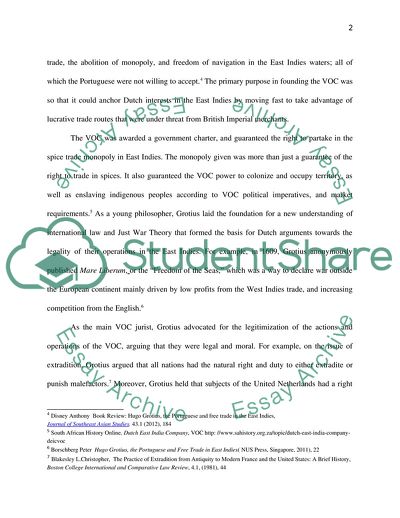Cite this document
(The Legitimization of the Actions and Operations of the VOC Research Paper Example | Topics and Well Written Essays - 2500 words - 1, n.d.)
The Legitimization of the Actions and Operations of the VOC Research Paper Example | Topics and Well Written Essays - 2500 words - 1. https://studentshare.org/history/1797068-eic-and-new-ways-of-waging-war
The Legitimization of the Actions and Operations of the VOC Research Paper Example | Topics and Well Written Essays - 2500 words - 1. https://studentshare.org/history/1797068-eic-and-new-ways-of-waging-war
(The Legitimization of the Actions and Operations of the VOC Research Paper Example | Topics and Well Written Essays - 2500 Words - 1)
The Legitimization of the Actions and Operations of the VOC Research Paper Example | Topics and Well Written Essays - 2500 Words - 1. https://studentshare.org/history/1797068-eic-and-new-ways-of-waging-war.
The Legitimization of the Actions and Operations of the VOC Research Paper Example | Topics and Well Written Essays - 2500 Words - 1. https://studentshare.org/history/1797068-eic-and-new-ways-of-waging-war.
“The Legitimization of the Actions and Operations of the VOC Research Paper Example | Topics and Well Written Essays - 2500 Words - 1”. https://studentshare.org/history/1797068-eic-and-new-ways-of-waging-war.


